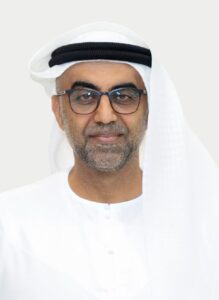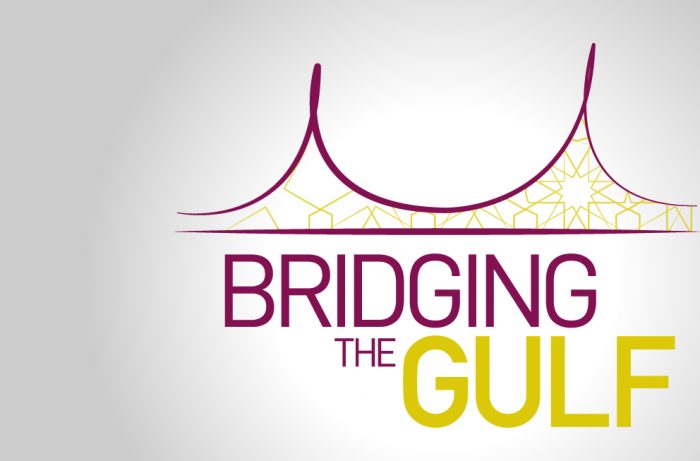The launch of the Hope probe in July 2020 made the United Arab Emirates the first Arab nation to undertake inter-planetary exploration. The unmanned spacecraft has been in orbit around Mars since February 2021, and reports have it that the mission is now studying the moons of the Red Planet. The UAE’s space agenda does not stop there: Sultan Al Neyadi, now a cult figure in Emirati society, became the first Arab astronaut to go on a long-term mission to the International Space Station (ISS) earlier this year. More recently, in April, he concluded a historic seven-hour-long spacewalk.
The UAE’s eye on the great beyond is encapsulated by its National Space Strategy 2030. The 60-page long document outlines the country’s ambition to develop “advanced local capacities in space technology manufacturing and R&D”, among others. Satellite manufacturing and launching are also part of the plan. How will these endeavours support other sectors, such as defence and communications? What are the key findings of the Mars Mission? How far have local interest and capacity come since the inception of the Space Strategy in 2017?
The Middle East Institute, in collaboration with the UAE embassy in Singapore, hosted Mr Ali Al Shehhi, the Director of the National Space Science and Technology Center (NSSTC), and an experienced hand in the intelligence and space satellite domains, to answer these questions and more.
This event was also supported by the Embassy of the United Arab Emirates in Singapore.
Speaker: Mr Ali Al Shehhi, Director of the National Space Science and Technology Center (NSSTC), UAE University
 Ali Al Shehhi has more than 33 years of experience working in leadership positions in the UAE Air Forces. He has a Bachelor’s degree in aviation science Higher college of Technology (UAE), and a Master’s degree in management and Comms. Sorbonne University (UAE). Ali joined the UAEAF in 1988 when he started flying as a pilot in the Airforce Academy in Pakistan. In 1997 he worked in Air Force Intelligence and became the satellite ground resaving station manager in the year 2000. Ali managed many projects inside and outside the country, most notably the Falcon Eye Program, which started in 2013 in Toulouse, France. In addition to that, he led the Space Reconnaissance Center in Abu Dhabi until 2021. Recently, Mr. Ali decided to take a new direction in his career to support the research, development, and education sector in the country, where he joined the UAE University 2022 as the director of the National Space Science and Technology Center.
Ali Al Shehhi has more than 33 years of experience working in leadership positions in the UAE Air Forces. He has a Bachelor’s degree in aviation science Higher college of Technology (UAE), and a Master’s degree in management and Comms. Sorbonne University (UAE). Ali joined the UAEAF in 1988 when he started flying as a pilot in the Airforce Academy in Pakistan. In 1997 he worked in Air Force Intelligence and became the satellite ground resaving station manager in the year 2000. Ali managed many projects inside and outside the country, most notably the Falcon Eye Program, which started in 2013 in Toulouse, France. In addition to that, he led the Space Reconnaissance Center in Abu Dhabi until 2021. Recently, Mr. Ali decided to take a new direction in his career to support the research, development, and education sector in the country, where he joined the UAE University 2022 as the director of the National Space Science and Technology Center.
Listen to the podcast here:
Watch the talk here:





